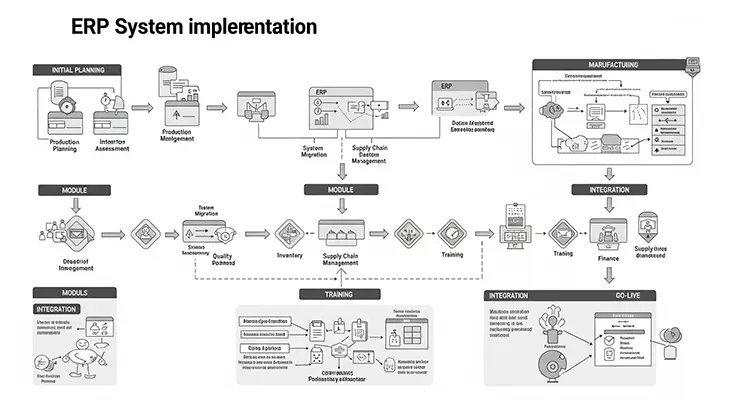
Email Marketing Automation Platforms for Nurturing Customer Relationships
Email marketing automation platforms have become essential tools for businesses looking to build and nurture relationships with their customers effectively. By leveraging automation features, businesses can deliver personalized, timely, and relevant content to their audience, leading to increased engagement, loyalty, and ultimately, conversions. In this article, we will explore the importance of email marketing automation platforms for nurturing customer relationships and highlight key features to consider when selecting a platform.
The Power of Email Marketing Automation for Customer Nurturing
Email marketing automation enables businesses to create targeted email campaigns that are triggered by specific customer actions, behaviors, or preferences. By segmenting their audience and delivering tailored content based on individual interests and engagement levels, businesses can deliver more relevant and personalized experiences to their customers. This not only helps in building stronger relationships but also increases the chances of conversions and repeat purchases.


